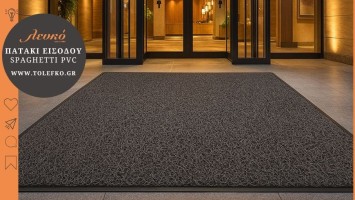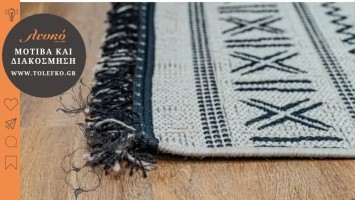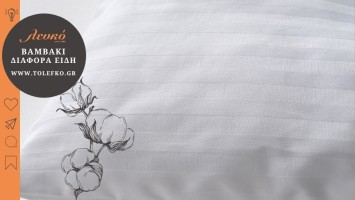Origin and Characteristics of Sisal
Sisal is a natural fiber derived from the Agave plant (Agave sisalana), which thrives in Central America. Its fibers are strong, durable, and biodegradable, making sisal ideal for various uses. In particular, the fiber’s resistance to sea salt makes it valuable in the nautical rope industry.
Its commercial use began around 1880. When the leaves are crushed, fibers are extracted, dried, and acquire a creamy white color. Read more about the plant on Britannica.

Uses of Sisal Fiber in Industry
Sisal fibers are used in the production of ropes, carpets, paper, and eco-friendly packaging materials. Their durability and natural texture make them ideal for both indoor and outdoor decoration.
Sisal Rugs for Summer Decoration
Sisal rugs are a popular choice for Mediterranean decor due to their natural appearance and boho vibe. Their natural texture helps reduce bacteria buildup on the floor, as they don’t trap moisture like synthetic materials. Being of natural origin, these rugs are considered safe for health and offer natural soundproofing qualities.
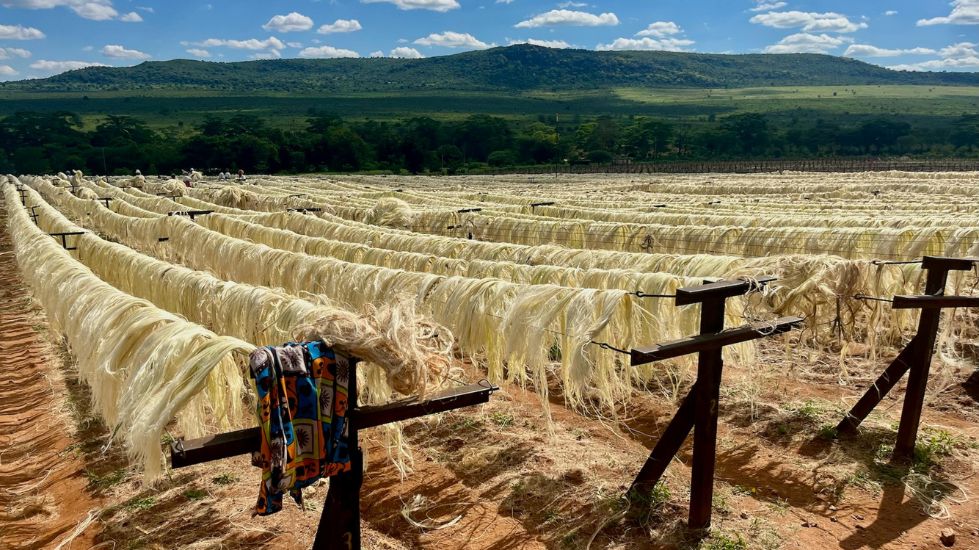
Advantages
- Eco-friendly and recyclable
- Durable with long-lasting strength
- Add a natural feel to the space, ideal for boho decor or seaside tourist accommodations
- The natural sisal rugs we offer at Tolefko are fully non-slip with 100% latex backing
- Sound-absorbing properties
Disadvantages
- Sensitive to water and moisture. Place them in areas of the home without high humidity.
- The natural fibers aren’t very soft if you want to lie on them.
- Stains must be treated immediately.
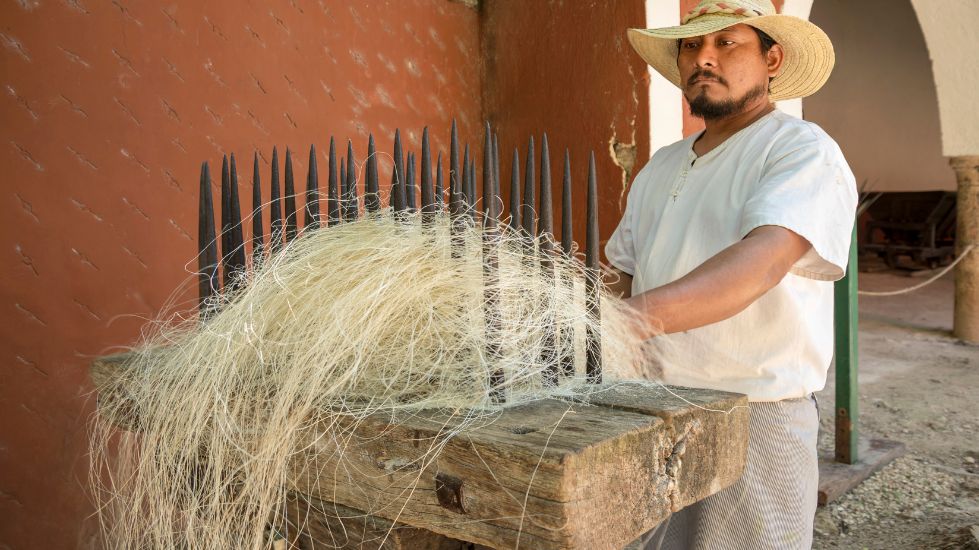
Care and Cleaning of Sisal Rugs
Sisal rugs require maintenance to stay like new for many years. As the fiber is hard and natural, dust does not penetrate deeply, meaning it doesn’t become a breeding ground for germs and bacteria. However, to keep the rug in top condition, frequent vacuuming is needed.
Vacuuming
To remove dust and debris, use a vacuum cleaner with low power and no rotating brush. Excessive friction may damage the fibers, so opt for gentle suction 1–2 times per week.
Stain Removal
In case of stains, act quickly. Use a clean, absorbent cloth to blot the area and soak up any liquids. Avoid rubbing, as it may spread the stain and damage the natural fiber structure. If necessary, apply a mild water and white vinegar solution to remove residue — but avoid over-wetting. If the rug becomes too wet, place it in a spot where it can dry completely.
Preventing Damage
Place the rug in low-humidity areas and avoid direct water contact. Use furniture pads under legs to avoid deformation. If the rug is exposed to high humidity, allow it to dry in a well-ventilated area. Natural straw rugs should not be mopped or steam-cleaned. If a sisal fiber sticks out, do not pull it — simply trim it gently with scissors.
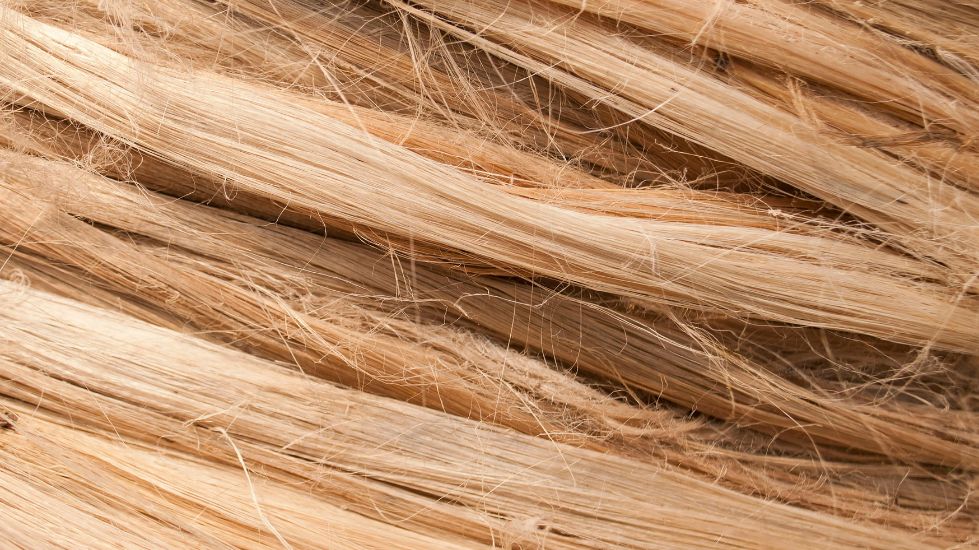
Are Sisal Rugs Safe for Health?
Research shows that extracts from the sisal plant possess antimicrobial and antibacterial properties and can fight bacteria like Escherichia coli, Staphylococcus aureus, and Salmonella typhi. These properties have mainly been studied in vitro using Sisal Agave extracts, not the finished products. Read the study here.
Research also indicates that sisal leaves contain bioactive compounds like flavonoids — a subclass of polyphenols found in plants as part of their defense mechanisms. They’re known for their anti-inflammatory action, anti-cancer properties, and antioxidant benefits, and have been linked to several health advantages such as reduced risk of cardiovascular diseases and type 2 diabetes, as we read on nutritionist.gr.
Sisal rugs are durable, but also require careful maintenance to remain like new. These rugs are made from natural fibers and do not contain harmful chemicals, making them safe for health and the environment. Our collection of non-slip sisal straw rugs with 100% natural latex backing will impress you!






